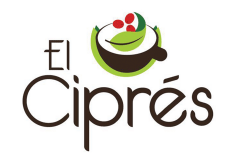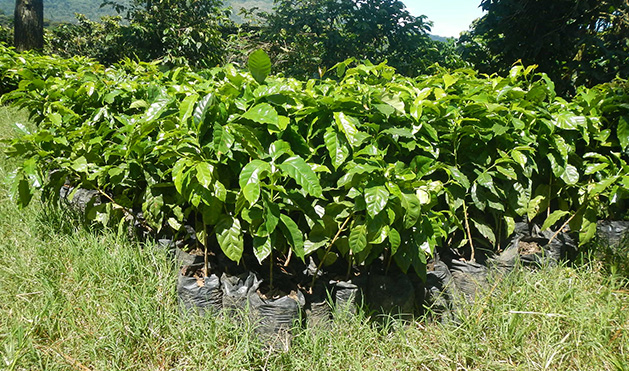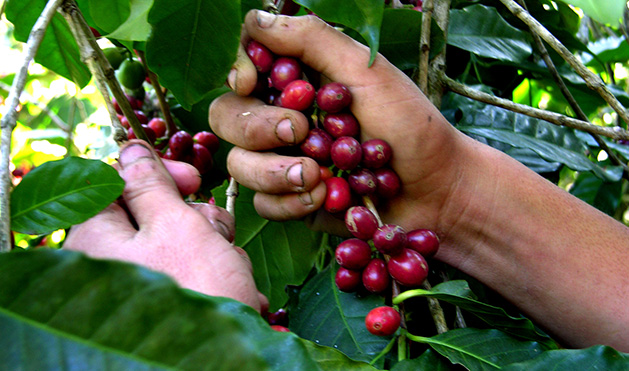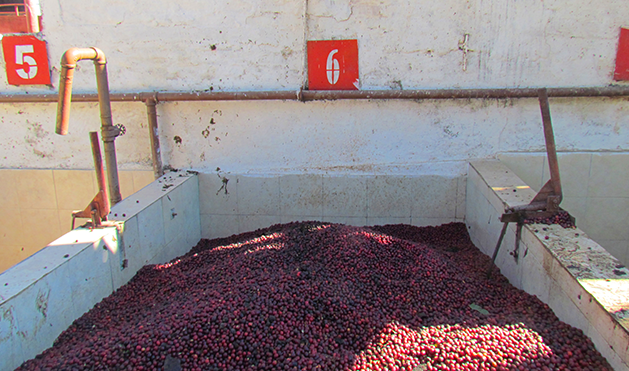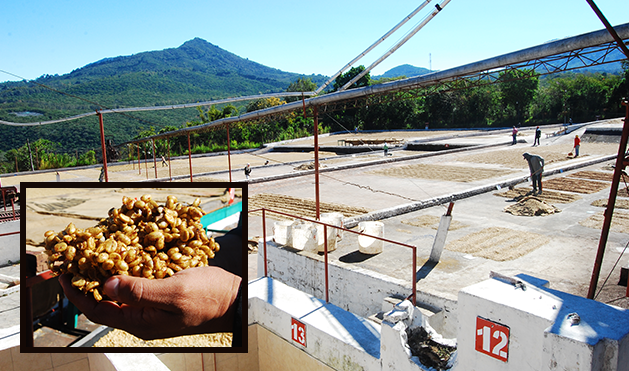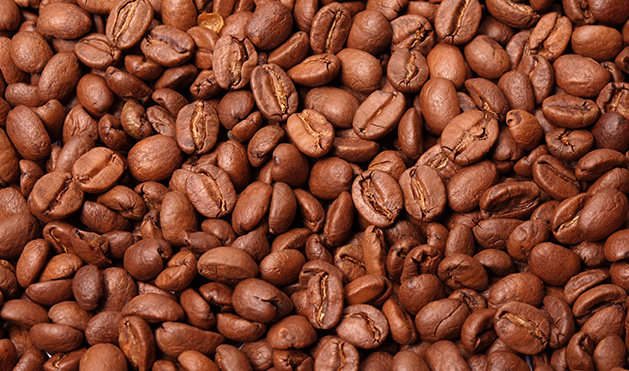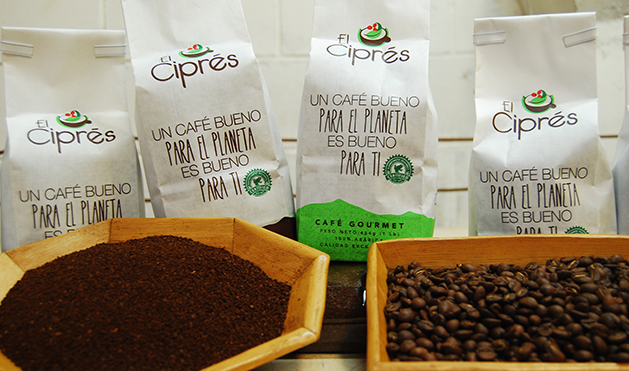The estate is located at the Picacho Volcano in the Bálsamo-Quezaltepec coffee region, in the municipality of Nejapa, Department of San Salvador; purchased in 1880, among other properties, by Dr. Emilio Alvarez Lalinde, the land then gets transferred to his brother Roberto Alvarez Lalinde who inherited it to his daughter Maria Alvarez Drews de Stahl. In 1992 the estate passed on to its current owners the Alvarez Gallardo family. Today the coffee business is family run with great success due to our passion for making one of the finest coffees in El Salvador and the world.

The Rainforest Alliance seal of certification is a guarantee that coffee is grown on farms where forests, rivers, soils and wildlife are protected; workers are treated with respect, they paid decent wages, properly equipped and given access to education and health systems.
|
-
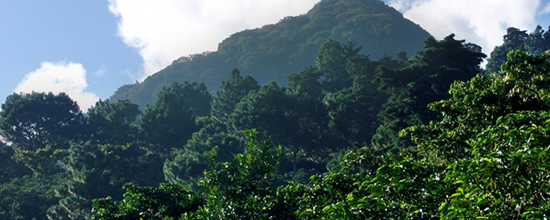
Social and Environmental Management System
We keep record of action plans, objectives, and farm processes. Our work depends on the land, nature, and above all, people.
-
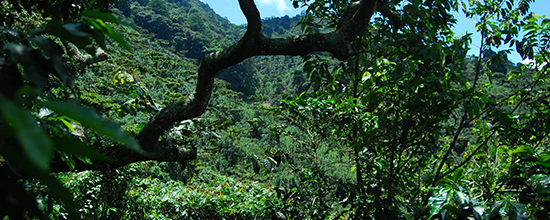
Ecosystem Conservation
We are all part of an ecosystem. We manage the shade of our coffee plantations and keep our conservation areas.
-
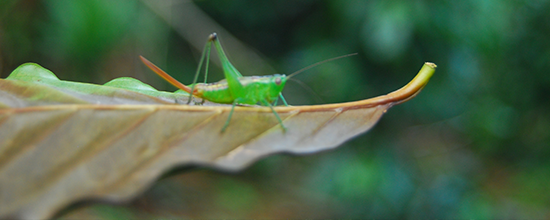
Wildlife Protection
We know the wild animals in our farm, for no reason will they be captured or hunted.
-

Water Conservation
We know that water is life so we use it rationally and don’t pollute.
-
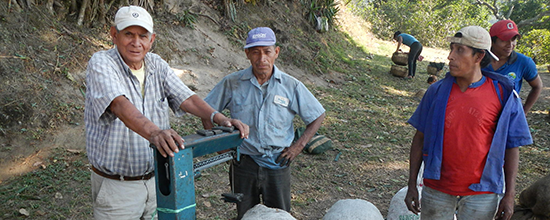
Fair Treatment and Good Conditions for the Workers
We strive for our employee’s welfare to keep them satisfied; we know they are the land’s most productive allies.
-
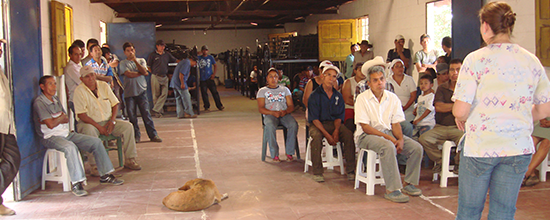
Occupational Health and Safety
A safe working environment ensures everyone’s welfare, which is why we perform ongoing training about their tasks.
-
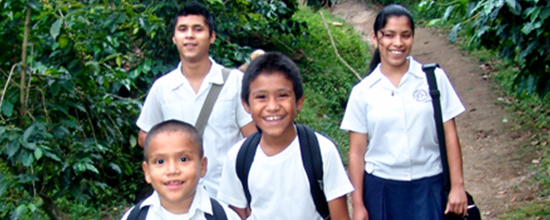
Community Relations
We live in community, we are good neighbors and preserve biological, religious and historical resources in the area.
-
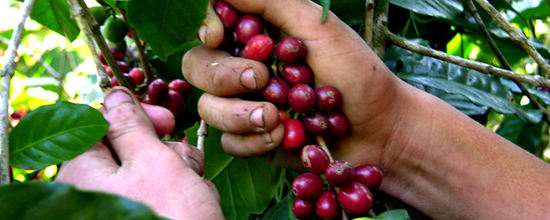
Integrated Crop Management
Our coffee is alive; we fertilize and protect it with approved agricultural products to get healthy crops and avoid consequences that might damage our health and the environment.
-
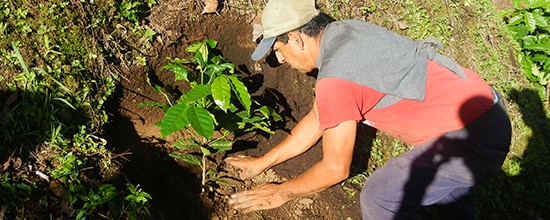
Soil Conservation and Management
We know that the production and sustainability of our farm depends on the soil, so we perform soil analysis and activities to prevent and control erosion.
-
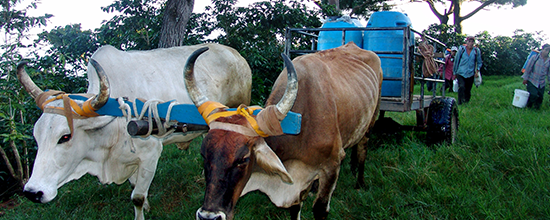
Integrated Waste Management
We identify the types of waste generated on our farm and handle them properly.
|
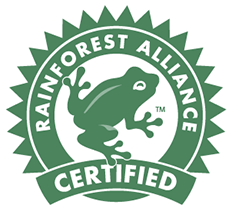
|


